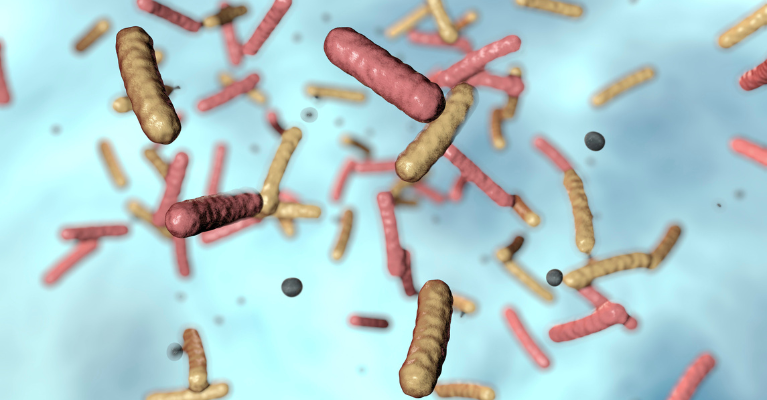Healthcare Alerts| Infectious Diseases | Cholera
Department warns of an increase in cholera bacteria in Harts & Vaal Rivers
Time to read: 00:45 minutes
Time to listen: 05:52 minutes
Type of article: News
MedED Catalogue Reference: MNC004
Category: News
Category Cross-reference: Infectious Diseases
Keywords: cholera, infectious diseases
Top

21 October 2024, 14:15
Access Original Story
10 October 2024 | The Citizen |Water and Sanitation dept warns of cholera detection in Vaal River
Access all Cholera Resources & Updates
Back to top
Disclaimer
This article is compiled from various resources researched and compiled by the contributor. It is in no way presented as an original work. Every effort has been made to correctly attribute quotes and content. Where possible all information has been independently verified. The Medical Education Network bears no responsibility for any inaccuracies which may occur from the use of third-party sources. If you have any queries regarding this article contact us
Fact-checking Policy
The Medical Education Network makes every effort to review and fact-check the articles used as source material in our summaries and original material. We have strict guidelines in relation to the publications we use as our source data, favouring peer-reviewed research wherever possible. Every effort is made to ensure that the information contained here is an accurate reflection of the original material. Should you find inaccuracies, out of date content or have any additional issues with our articles, please make use of the contact us form to notify us.


